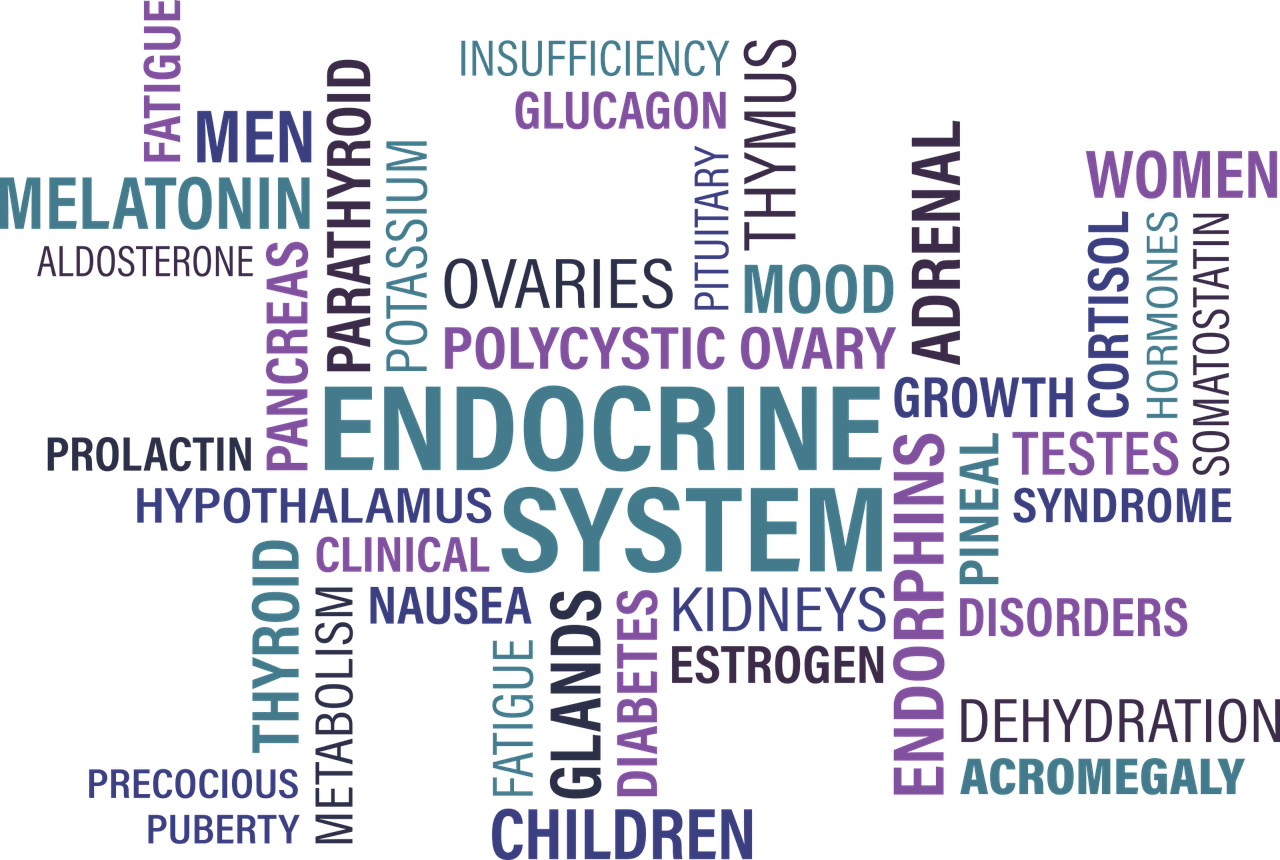Endocrinology
Endocrinology is the branch of medicine dealing with the endocrine glands and their hormones. General clinical endocrinology bases its therapy on identifying organs that are deficient or none-functioning and uses some type of pharmaceutical agent or hormone to replace, suppress, or support the dysfunctional endocrine system. On the other hand, functional endocrinology identifies alterations in the endocrine systems that are not in a disease state at the point of diagnosis. In the functional endocrine model the insulin resistance is managed and complex endocrine cycles are supported.
Our ability to produce hormones declines with age. Prescription drugs that block the synthesis of cholesterol have negative impact on production of hormones.
Hormones:
- Pregnenolone is a steroidal compound derived from cholesterol. It stimulates healing and enhances brain function. Pregnenolone can be used for lupus, psoriasis, prostate disease, multiple sclerosis and PMS. Pregnenolone requires enzymes to be converted to other hormones. However, as we age the enzymes decrease. It is important to supplement with enzymes as we age. Consequently, taking only pregnenolone will not necessarily raise DHEA levels.
- Conversion of cholesterol into hormones:
- Cholesterol is transported to the mitochondria where it is chemically changed into pregnenolone.
- Pregnenolone can be metabolized into progesterone or DHEA.
- If it converts into progesterone, it can then covert to cortisol or aldosterone.
- Aldosterone is the hormone which maintains blood pressure.
- It instructs the kidneys to keep sodium levels high enough so that fluid pressure within the arteries and veins will be sufficient to maintain blood pressure.
- If pregnenolone converts to DHEA, it then converts to testosterone or estrogen.





